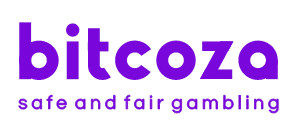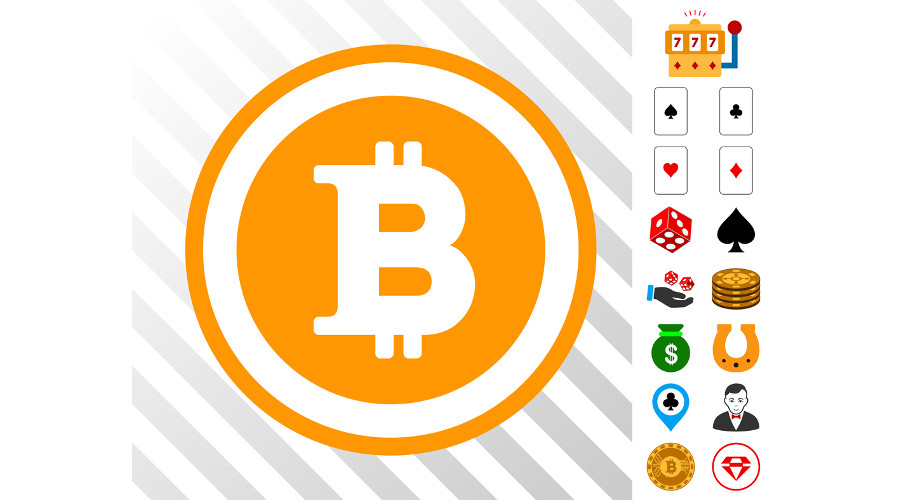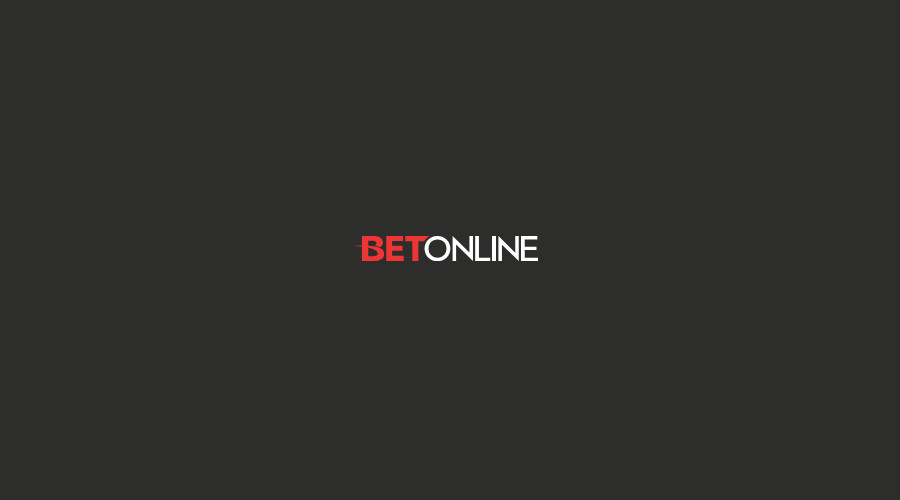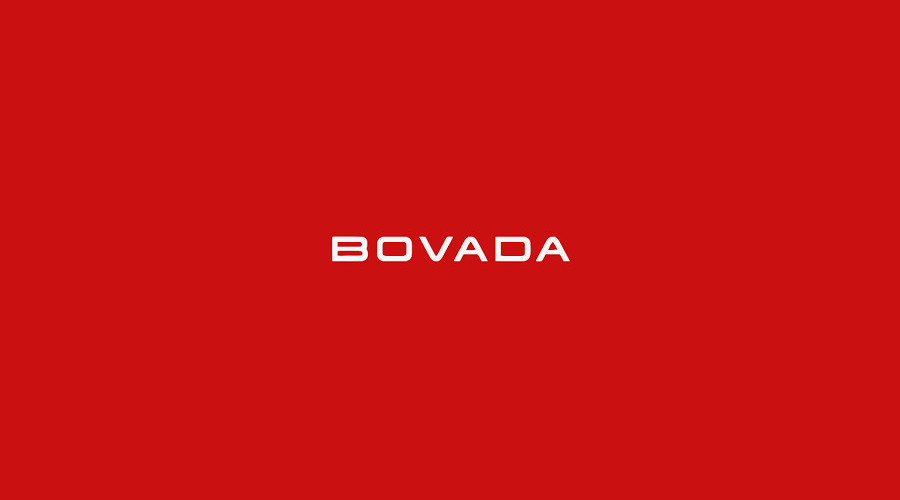Malta has emerged as a pioneering jurisdiction in cryptocurrency gambling regulation, establishing a framework that balances innovation with consumer protection. The island nation’s dual oversight through the Malta Gaming Authority and Malta Digital Innovation Authority creates a thorough regulatory environment that addresses both traditional gaming concerns and blockchain-specific challenges. While other jurisdictions struggle to adapt to the rapid evolution of crypto gambling, Malta’s forward-thinking approach has attracted prominent operators and set new standards for the industry. The intersection of robust compliance requirements and technological advancement offers insights into how regulated crypto gambling could shape the future of digital entertainment.
Key Takeaways
- Malta requires crypto casinos to obtain a Virtual Financial Assets License and comply with the VFA Act for legal operation.
- Operators must maintain €100,000 minimum capital and implement strict AML/KYC protocols for player verification and transaction monitoring.
- The Malta Gaming Authority provides a regulatory sandbox for testing blockchain gaming products before market launch.
- Digital assets are classified into specific categories (financial tokens, coins, utility tokens) with distinct regulatory requirements.
- Player protection measures include mandatory fund segregation, age verification, and blockchain-based gaming record maintenance.
Malta’s Crypto Gambling Framework
At the forefront of cryptocurrency gambling regulation, Malta has established a thorough legal framework through three pivotal acts governing blockchain technology, Initial Coin Offerings (ICOs), and virtual financial asset services. Streamlined payment processing has revolutionized transaction efficiency in Malta’s crypto casinos.
The Malta Gaming Authority (MGA) oversees gaming operations and cryptocurrency activities, while the Malta Digital Innovation Authority (MDIA) enforces compliance standards for blockchain technologies. The Virtual Financial Assets Act provides clear guidelines for taxation and regulation of digital assets.
Key Framework Components:
- Regulatory sandbox for testing crypto-asset implementation
- Strict oversight of licensed platforms
- Extensive consumer protection measures
- Anti-money laundering procedures
- Market abuse prevention protocols
This regulatory structure offers significant advantages for operators, including:
- Reduced transaction costs
- Access to global markets
- Legal certainty for business operations
- Competitive tax benefits
- Ability to offer innovative products
The framework additionally guarantees player protection through:
- Mandatory licensing requirements
- Transparent gaming operations
- Blockchain-verified fairness
- Secure financial transactions
- Responsible gambling measures
Malta continues to adapt its regulations to address emerging challenges while maintaining its position as a leading jurisdiction for cryptocurrency gambling operations.
Licensing Requirements and Standards
The licensing process demands extensive documentation, including:
- Certified copies of identification documents
- Criminal record checks
- Bank statements
- Thorough business plan
- Technical infrastructure details
Operators must also maintain a minimum capital requirement of €100,000 for RNG-based casino operations.
Operational compliance focuses on several key areas:
- Appointment of crucial personnel (MLRO, Internal Auditor, Legal Officer)
- Implementation of AML and KYC protocols
- Player fund protection measures
- Responsible gaming tools
- System integrity maintenance
Technical standards require operators to:
- Guarantee game fairness and transparency
- Maintain certified blockchain implementations
- Implement robust security measures
- Properly replicate regulatory data
- Undergo regular technical audits
The MGA provides a sandbox environment for testing blockchain-based products, guaranteeing all systems meet regulatory requirements before full deployment. Regular compliance checks and audits remain mandatory throughout the operation.
Player Protection Measures
Under Malta Gaming Authority regulations, player protection measures form an extensive framework designed to safeguard users of crypto casinos. The framework includes mandatory age verification, self-exclusion options, and thorough monitoring of player behaviors through traceable processes. Operators must adhere to strict AML regulations while processing cryptocurrency transactions.
Key Protection Components:
- Strict AML and KYC protocols guarantee legitimate player identity
- Segregation of player funds from operational accounts
- Implementation of unified self-exclusion tools
- Continuous transaction monitoring systems
- Regular updates to Player Protection Directive
Technical Implementation:
- Blockchain technology provides transparent gaming records
- Immutable ledgers guarantee provably fair gaming outcomes
- Secure storage of personal and financial information
- Compliance with AML procedures for cryptocurrency transactions
Enforcement Mechanisms:
- Licensed operators must maintain ongoing compliance
- Regular monitoring by regulatory authorities
- Mandatory educational initiatives for player awareness
- Implementation of responsible gaming practices
The MGA’s regulatory framework emphasizes both prevention and protection through technological solutions and operational requirements. This thorough approach guarantees that crypto casino operators maintain high standards of player protection while operating within the regulated environment.
Cryptocurrency Usage Guidelines
Malta’s extensive cryptocurrency framework establishes clear usage guidelines through three pivotal acts: the MDIA Act, ITAS Act, and VFA Act. These regulations classify digital assets into four categories: financial tokens, coins, utility tokens, and hybrid tokens, each subject to specific compliance requirements. The Malta Digital Innovation Authority (MDIA) provides oversight and guidance for all cryptocurrency operations in the country.
| Requirement | Description |
|---|---|
| License Type | VFA License through registered agent |
| Documentation | English white paper meeting MFSA standards |
| Validity Period | 6-month application window |
| Compliance Focus | VFA Act and MFSA guidelines |
Operators must maintain detailed traceability records and implement mechanisms for restrictive orders on fund collection accounts. The framework allows transactions through various payment methods, including SEPA, bank transfer, PayPal, Wise, and Revolut, while working with crypto-friendly institutions like Paytah and Agribank.
Tax obligations vary based on residential status, with rates ranging from 15% to 35% for capital gains. Professional investors must meet minimum investment thresholds of 750,000 euros for cryptocurrency funds. Long-term holdings benefit from tax exemptions, promoting sustainable investment practices while maintaining market integrity and consumer protection.
Market Growth and Opportunities
Key market opportunities include:
- Reduced operational costs through lower cryptocurrency transaction fees
- Global market access, including underbanked populations
- Improved security and transparency through blockchain technology
- Streamlined compliance through Malta’s established regulatory framework
The market outlook remains highly positive, with projections indicating growth to US$ 1107.22 billion by 2034, representing a 14.1% CAGR. This expansion, coupled with increasing mainstream acceptance of cryptocurrencies, positions Malta-licensed crypto casinos for sustained growth in the global gaming market. Operators benefit from Malta’s regulatory sandbox which enables thorough testing of innovative blockchain gaming solutions before their public release.



